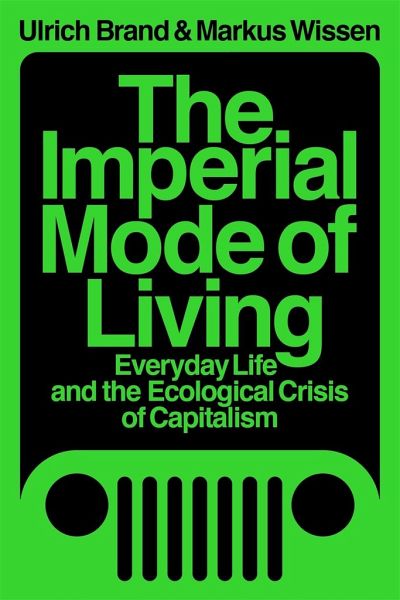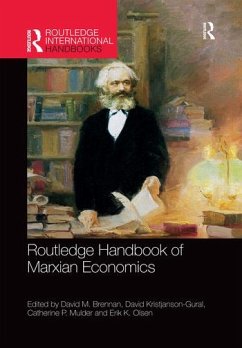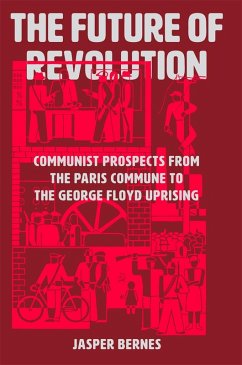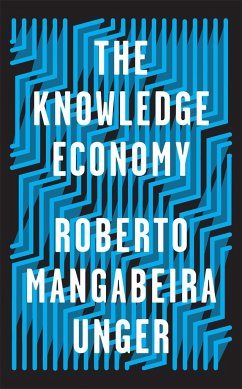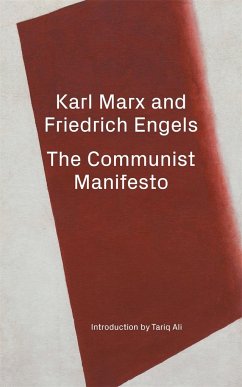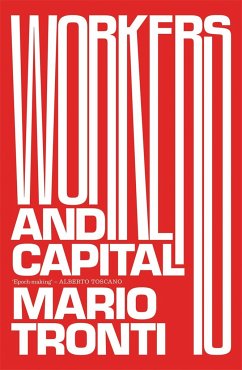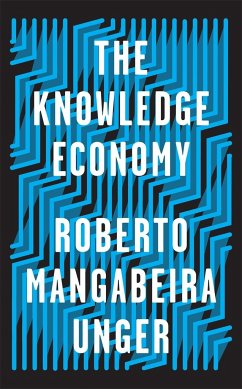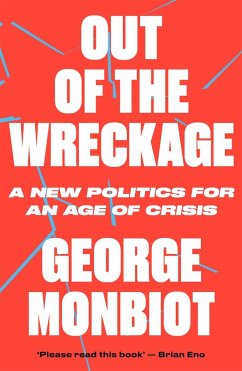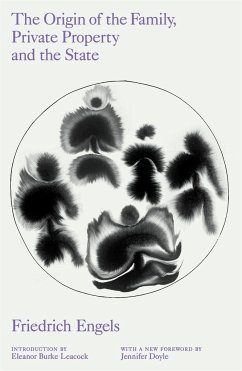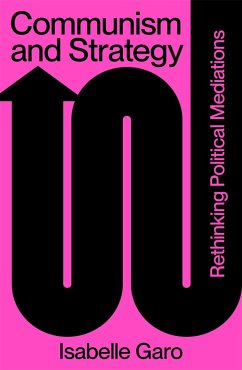The Imperial Mode of Living
Everyday Life and the Ecological Crisis of Capitalism
Versandkostenfrei!
Versandfertig in 2-4 Wochen
Weitere Ausgaben:

PAYBACK Punkte
12 °P sammeln!





Our Unsustainable Life: Why We Can't Have Everything We Want
Ulrich Brand and Markus Wissen teach and conduct their research at the University of Vienna and at the Berlin School of Economics and Law (HWR), respectively. They have worked together on scholarly and political projects since the 1990s, including BUKO (Federal Coordination on Internationalism), the Assoziation für kritische Gesellschaftsforschung (Association for Critical Social Research, AkG) and Rosa Luxemburg Foundation. From 2008 to 2012 they worked together in the Department of Political Science at the University of Vienna. Markus Wissen is an editor of the journal PROKLA. Zeitschrift für kritische Sozialwissenschaft. Ulrich Brand was a member of the Enquete Commission "Wachstum, Wohlstand, Lebensqualität" (Growth, Prosperity, Quality of Life) of the German Bundestag (2011 to 2013) and is co-publisher of Blätter für deutsche und internationale Politik.
Produktdetails
- Verlag: Durnell Marston / Verso UK
- Artikelnr. des Verlages: 7047
- Seitenzahl: 256
- Erscheinungstermin: 26. Januar 2021
- Englisch
- Abmessung: 211mm x 141mm x 20mm
- Gewicht: 248g
- ISBN-13: 9781788739122
- ISBN-10: 1788739124
- Artikelnr.: 59409248
Herstellerkennzeichnung
Libri GmbH
Europaallee 1
36244 Bad Hersfeld
gpsr@libri.de
The highly readable book by Brand and Wissen exposes an internal contradiction fraught with consequences: the imperial mode of living undermines its own operating conditions. Currently, the dominant reaction to this fact consists of desperate attempts to secure the exclusivity of this mode of living even under altered conditions. Stephan Lessenich Frankfurter Allgemeine Zeitung
Für dieses Produkt wurde noch keine Bewertung abgegeben. Wir würden uns sehr freuen, wenn du die erste Bewertung schreibst!
Eine Bewertung schreiben
Eine Bewertung schreiben
Andere Kunden interessierten sich für



